Importance of Reliable Marine Radios
In the dynamic and challenging world of commercial marine operations, reliable communication is not just a convenience – it’s a necessity. The open seas demand a robust and efficient means of communication to ensure the safety, coordination, and overall effectiveness of commercial vessels. In this article, we will explore the critical features to look for in marine radios designed for commercial use and delve into the importance of these features in various scenarios.
Overview of Commercial Use Scenarios
Commercial marine operations encompass a broad spectrum of activities, including shipping, fishing, offshore drilling, and more. These operations often take place in diverse and unpredictable environments, from calm coastal waters to the rough expanses of the open sea. Effective communication is vital for tasks such as coordinating shipping routes, managing fishing operations, and ensuring the safety of crew members. As such, the marine radios used in these scenarios must meet specific requirements to withstand the challenges posed by the marine environment.
Durability and Water Resistance: Impact of Harsh Marine Environments
Commercial vessels face constant exposure to harsh marine elements, including saltwater, humidity, and varying weather conditions. Durability and water resistance are paramount features in marine radios for commercial use. A rugged and waterproof design ensures that the radios can withstand splashes, heavy rain, and even immersion in water, providing durability in the face of the demanding marine environment.
Communication Range and Clarity: Essential for Long-Distance Communication
Commercial vessels often operate over long distances, requiring marine radios with a substantial communication range. VHF (Very High-Frequency) radios are commonly used for short-range communication, while SSB (Single Sideband) radios are essential for long-distance transmissions. Additionally, clear communication is critical, especially in noisy conditions prevalent in marine environments. Features that enhance clarity, such as noise-canceling microphones and advanced signal processing, ensure that messages are heard and understood even amid the roar of engines and crashing waves.
Emergency Features and Compliance: Emergency Alerts, DSC Capabilities, Regulatory Requirements
In the unpredictable realm of the open sea, emergency situations can arise unexpectedly. Marine radios for commercial use must be equipped with features to handle emergencies effectively. This includes:
- Emergency Alerts: Instantaneous broadcasting of distress signals to nearby vessels and maritime authorities.
- Digital Selective Calling (DSC) Capabilities: The ability to send and receive pre-defined digital messages, facilitating automated distress alerts and communication.
- Compliance with Regulatory Requirements: Meeting international regulations and standards set by organizations like the International Maritime Organization (IMO) ensures that commercial vessels remain in compliance with safety protocols.
Compatibility with Other Equipment: Integration with Navigation Systems, Intercoms, etc.
Seamless integration with other onboard equipment is another crucial feature for marine radios in commercial use. These radios should be compatible with navigation systems, intercoms, and other communication tools to enable a cohesive and interconnected communication network on the vessel. This integration enhances operational efficiency and coordination, contributing to the overall effectiveness of commercial marine activities.
Battery Life and Power Source Options
For extended journeys at sea, a reliable power source is essential. Marine radios designed for commercial use should have a sufficient battery life to last through long shifts or voyages. Additionally, having multiple power source options, such as rechargeable batteries and connections to the vessel’s power supply, ensures that communication remains uninterrupted.
Conclusion: Endorsement of Critical Features for Commercial Use
In conclusion, choosing the right marine radios for commercial use requires careful consideration of specific features tailored to the demands of the marine environment. The durability and water resistance of the radios, along with their communication range, clarity, and emergency features, are pivotal in ensuring the safety and efficiency of commercial maritime operations. Compatibility with other equipment and a reliable power source further contribute to the overall effectiveness of communication systems on board. As commercial vessels navigate the vast and unpredictable seas, the endorsement of these critical features becomes a testament to the commitment to safety, reliability, and success in the challenging world of commercial marine operations.

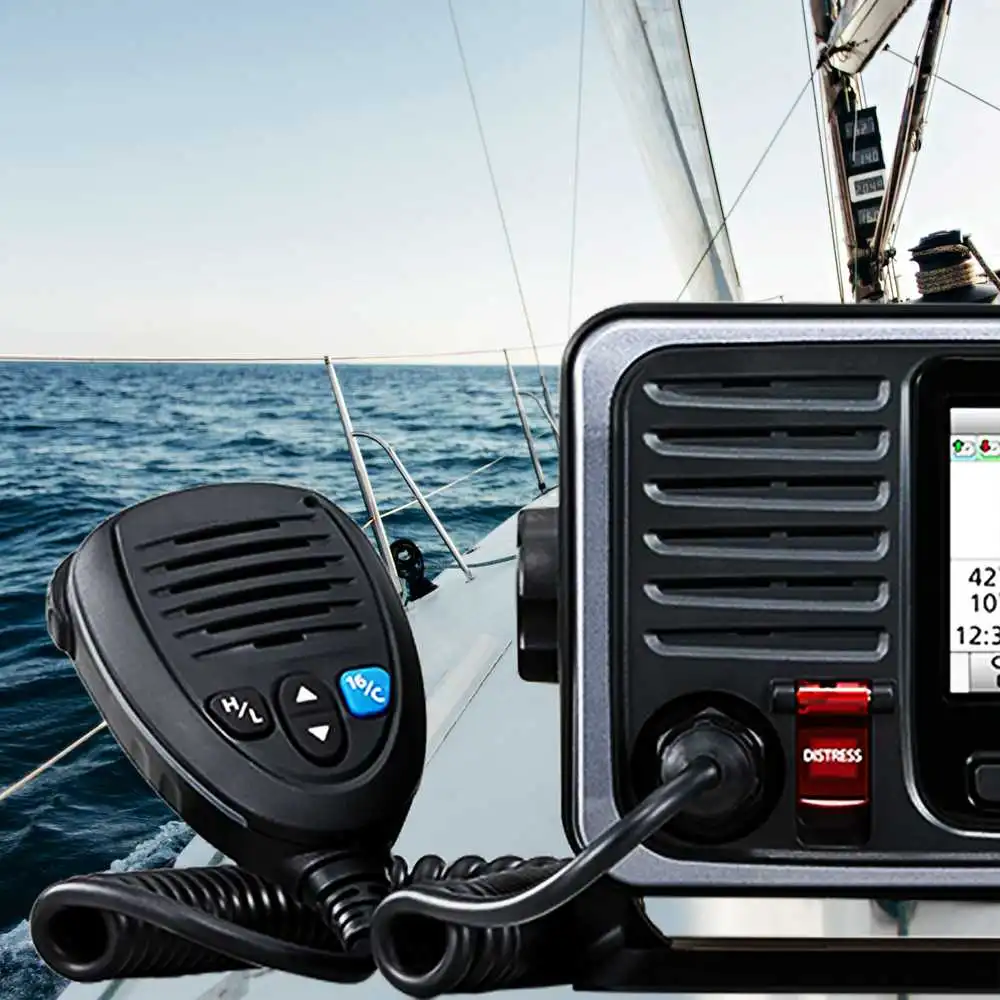

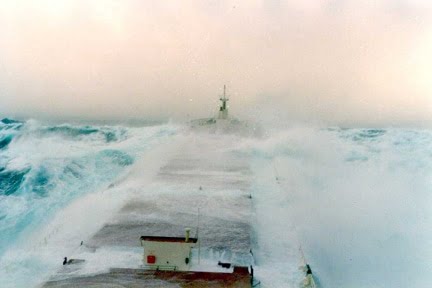
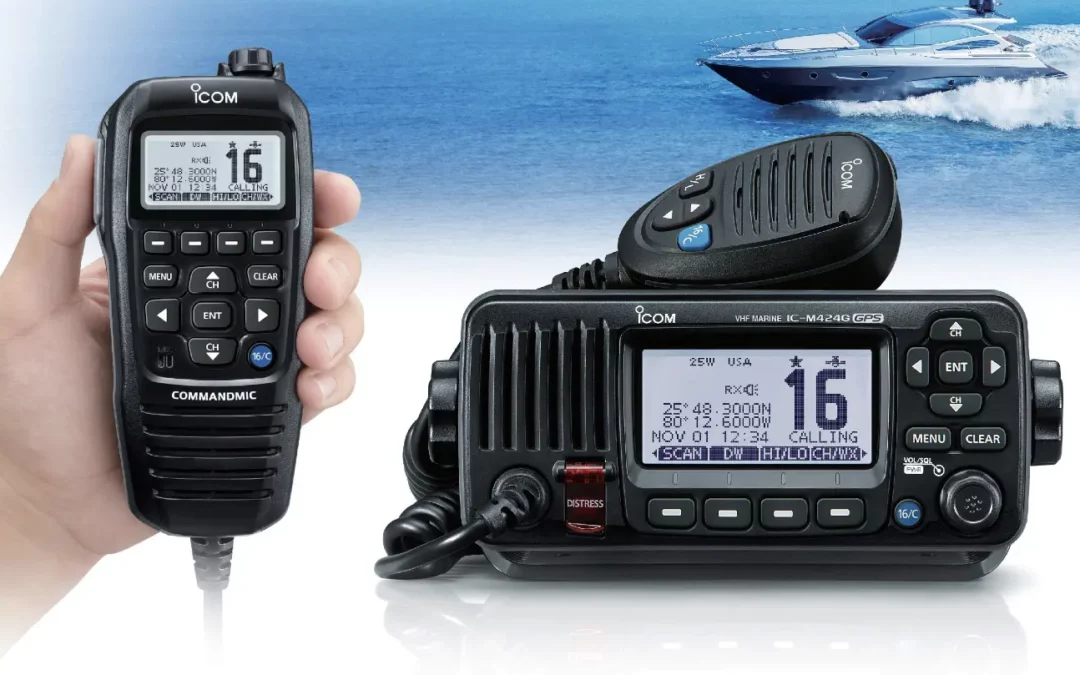

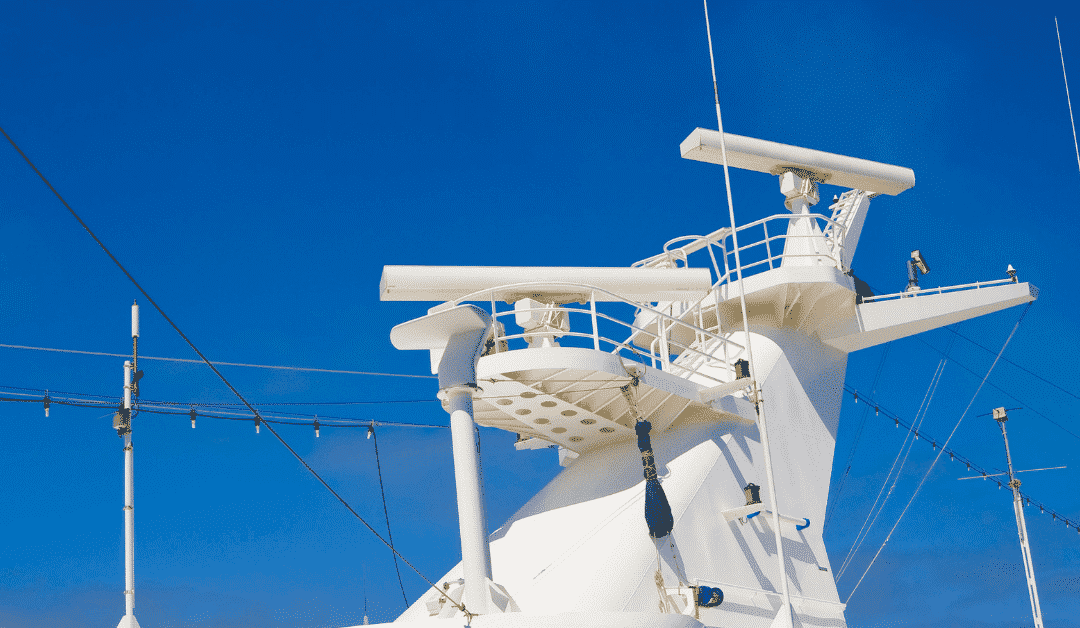
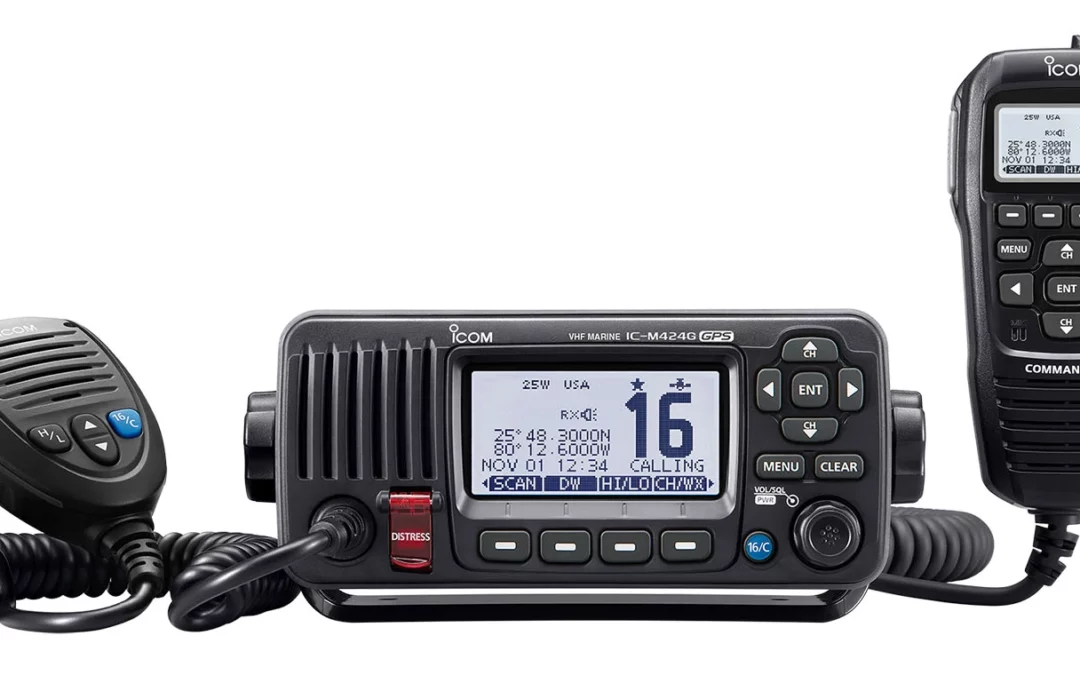
0 Comments